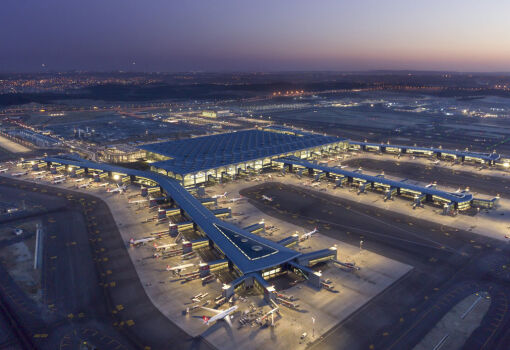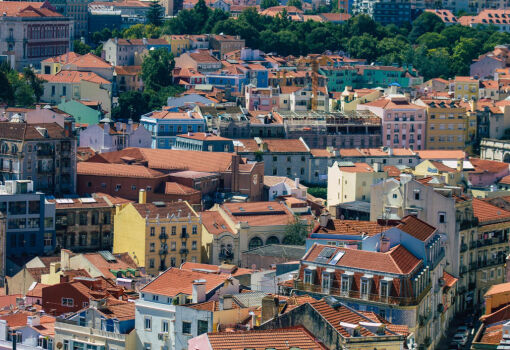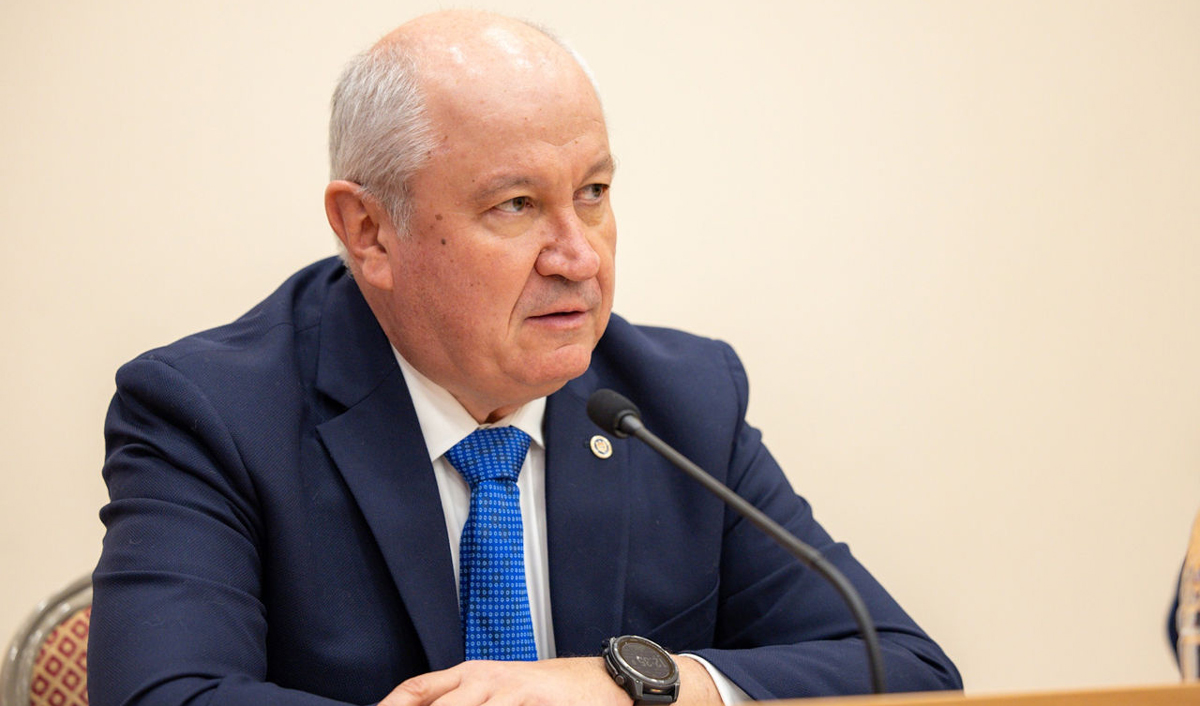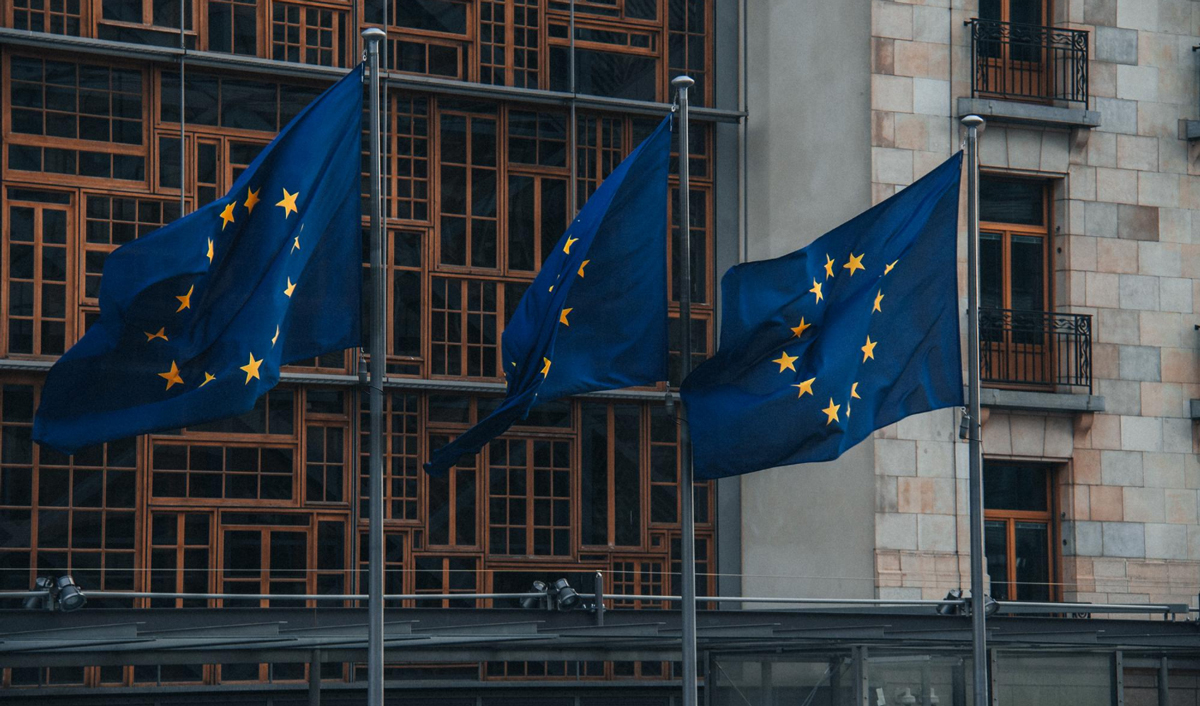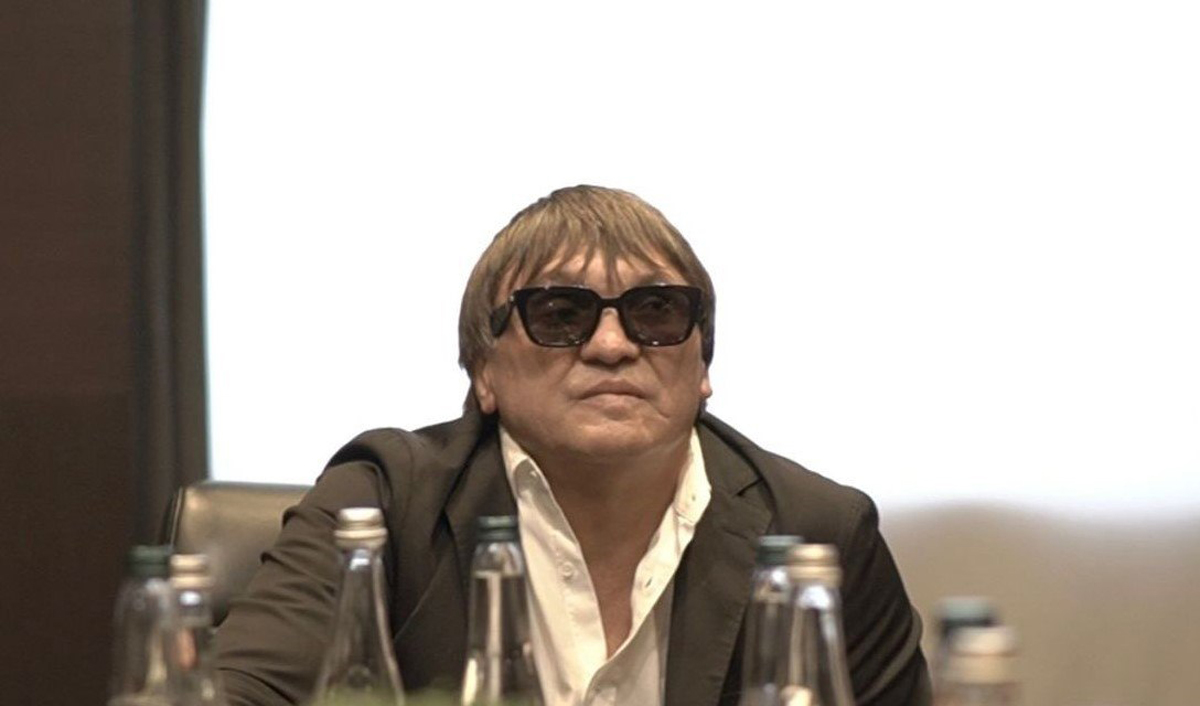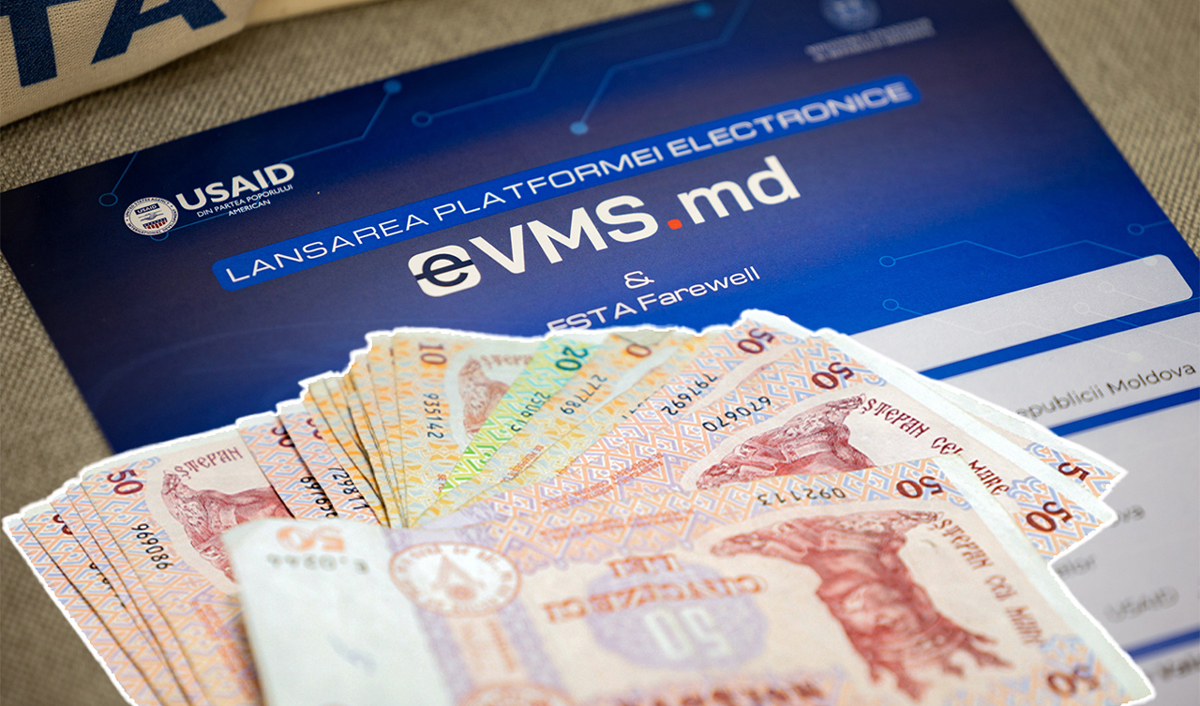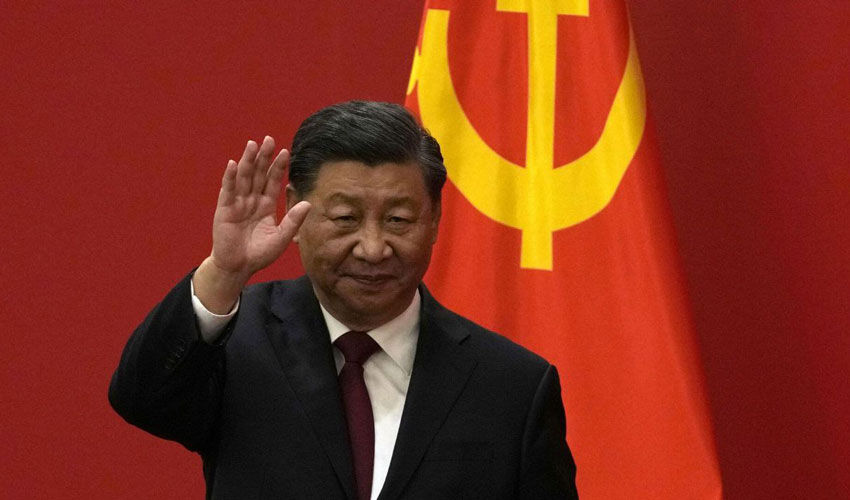
According to the publication’s analysts, Chinese elites often view the EU as a mid-level political force with limited leverage in trade negotiations.
The EU’s €400 billion trade deficit with China is the cause of the dispute, which is fueled by European companies’ limited access to the Chinese market. China’s industrial policy favors domestic firms, which receive huge subsidies, government contracts and favorable legal regulation of their operations.
EU officials argue that these policies have caused significant overproduction in the PRC, and this has led to dumping of cheap Chinese cars on the European market and damaged the EU automotive industry.
Brussels imposed import duties of up to 45% on Chinese electric cars, demanding the elimination of overcapacity and access to the Chinese market on the principles of reciprocity to ensure a level playing field for EU exporters. China, in turn, wants the EU to replace import duties on Chinese electric cars with Beijing’s commitments to maintain minimum prices for them, as well as to make other concessions.
In April, concerns about China’s trade practices prompted the EU to set up a task force on import surveillance to help protect its domestic market, which could lead to the imposition of anti-dumping duties or other protective measures.
The task force immediately pointed to an 8.2 percent increase in China’s exports to the European Union in April this year compared to the same month in 2024. The experts explained this by the fact that Chinese exporters are redirecting to the EU goods planned for delivery to the United States in order to avoid import duties imposed by Trump.
For their part, the Chinese authorities deny that they are giving unfair advantages to domestic producers and in response accuse the European Union of protectionism. Beijing justifies its practice of favoring local producers by citing the needs of national security and economic development.
While negotiators representing the EU are unable to achieve significant access for European companies to the Chinese market, another major point of contention has been the Chinese authorities’ tight control over the export of rare earth minerals, which are essential for clean technology, microchip production and medical equipment. According to the European Commission, China accounts for 98% of rare earth metals and magnets supplies to the EU.
Last year, Beijing imposed restrictions on rare earth exports, leading to supply chain delays and production stoppages for EU companies. Subsequently, the value of exports of such raw materials to the EU fell 84% to €12.9 million in the first five months of 2025, according to Chinese customs data.
At the June G7 summit in Canada, von der Leyen accused China of “blackmail” for imposing the said restrictions, adding that “no country should control 80-90% of the market for critical raw materials and processed products such as rare earth magnets.” The Chinese government has rejected the criticism against it. Last week, a Chinese Foreign Ministry spokesman opined that the EU’s “way of thinking” needs to be adjusted.
Although European Trade Commissioner Maroš Šefčovič negotiated a relaxation of rare earth export controls in June, achieving a reduction in restrictions for some EU producers, many companies report that permit approvals are too slow in terms of preventing supply chain disruptions.
The EU already has an Anti-Coercion Instrument (ACI), a legal mechanism established in 2023 in response to China blocking Lithuanian exports due to Vilnius’ support for Taiwan. The ACI is used to track examples of economic coercion, such as Chinese restrictions on mining. There are now increasing calls for European policymakers to take a tougher stance against Beijing, including imposing duties, banning purchases of goods from the PRC, or taking other measures.








